Share
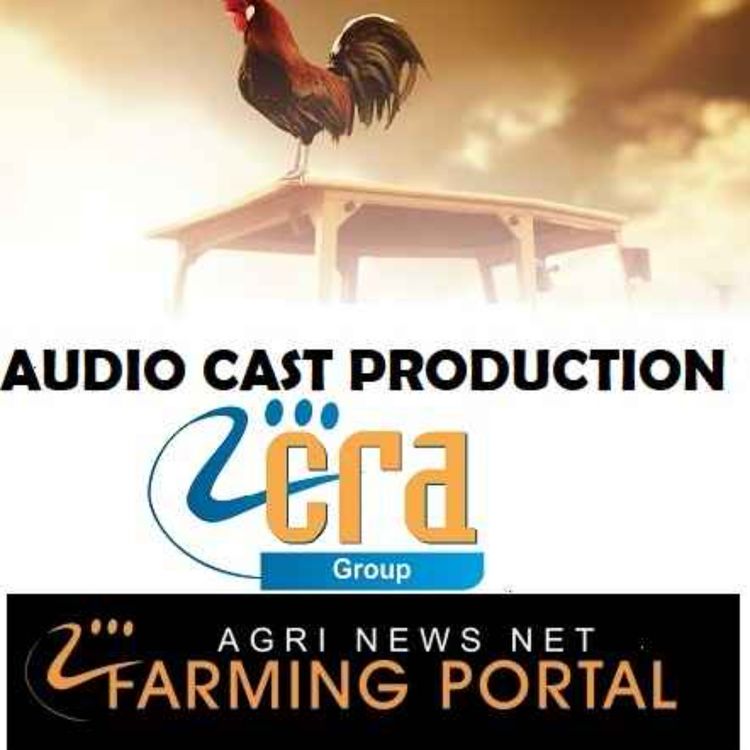
AGRI NEWS NET
Counting on cow cooperation for improvements in soil health and carbon sequestration
•
West Virginia University researchers are working to improve soil health and increase economic gains for Appalachian cattle farmers by bringing nutrients, like carbon, to the soil while decreasing carbon dioxide in the atmosphere.
More episodes
View all episodes
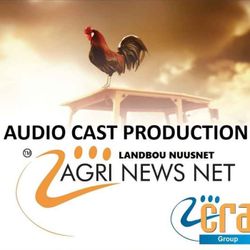
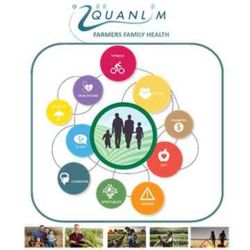
Your Circulatory System: The Hidden Key to Lifelong Health
04:01|One of the most important systems in your body is the circulatory system, yet most people only become aware of it once symptoms appear. The circulatory, or cardiovascular, system is a complex network consisting of the heart, blood vessels—including arteries, veins, and capillaries—and the blood itself. cra@cramedia.co.za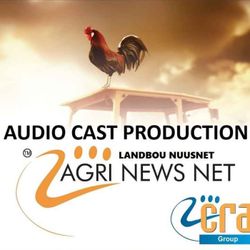
South African extra virgin olive oil production
03:43|South African extra virgin olive oil (EVOO) production achieved remarkable success in 2025, particularly through outstanding quality recognition on both national and international stages, despite the country's relatively modest output of around 1.6 million liters annually compared to global giants.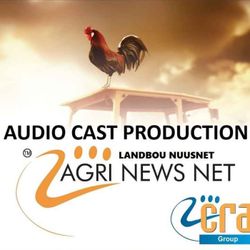
South Africa’s agricultural sector stands out as one of the few bright spots
04:04|South Africa’s agricultural sector stands out as one of the few bright spots in an otherwise stagnant economy. While the broader economy struggles to achieve even 1% growth, agriculture expanded by nearly 10% from April to September this year.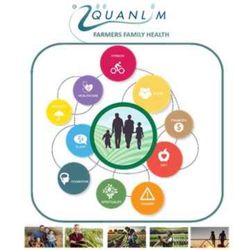
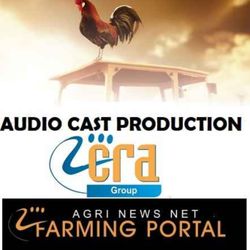
Future of Pesticides in Grain and Other Production: A South African Perspective
06:56|Agriculture has always been the backbone of human civilization, and as the global population continues to grow, the demand for sustainable food production has never been more pressing.
The Future of Sheep Farming in South Africa. 2025: Export Markets, Winter Outlook, and Prices
05:43|This Audiocast explores what sheep farmers can expect in terms of export markets, the winter of 2025, and price trends, drawing on current industry dynamics and projections.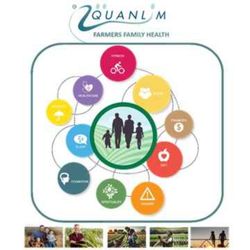
Cholesterol is one of the most misunderstood substances in the human body.
04:09|When cholesterol rises, it is often a signal that your body is protecting you, not failing you. Low cholesterol, on the other hand, weakens brain function, destabilises hormones, slows healing, and increases the risk of neurological conditions.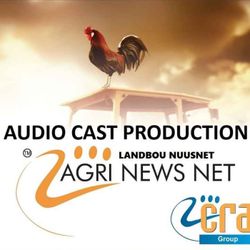
The Illusion of the ANC Government Rebuilding South Africa
06:38|For over three decades, the African National Congress (ANC) has held the reins of power in South Africa, promising a transformed nation built on the ashes of apartheid. The vision was grand: rebuild the economy, create jobs, reduce debt, curb crime and corruption, improve schools, bolster infrastructure, and address historical injustices like land ownership. Yet, as 2025 unfolds, many South Africans see these promises as little more than an illusion—a mirage shimmering over a landscape of unfulfilled potential and deepening crises.